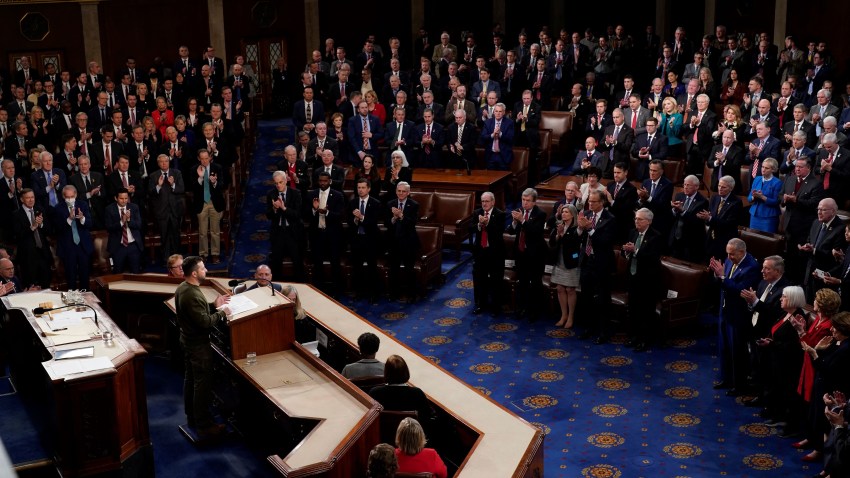Sometimes, the most significant news is something that is widely expected to happen, but doesn’t. That is the case with one aspect of the war in Ukraine since Russia invaded in February 2022.
Despite continuing political polarization; despite attempts by Russian President Vladimir Putin to manipulate public opinion in the West; despite intellectual justifications of the Russian invasion by respected U.S. scholars of international relations; despite the major strains caused by the huge inflow of refugees from Ukraine; and despite the huge material consequences caused by the conflict that are directly affecting millions of consumers, the war in Ukraine has so far failed to become a bitter partisan issue in the politics of Western democracies.
Indeed, not only has the war not inserted itself into the already sharp social and cultural divides across Europe and the United States. The way things look now, it is rather improbable to expect that a noticeable political cleavage based on the war is likely to emerge in the near future.

